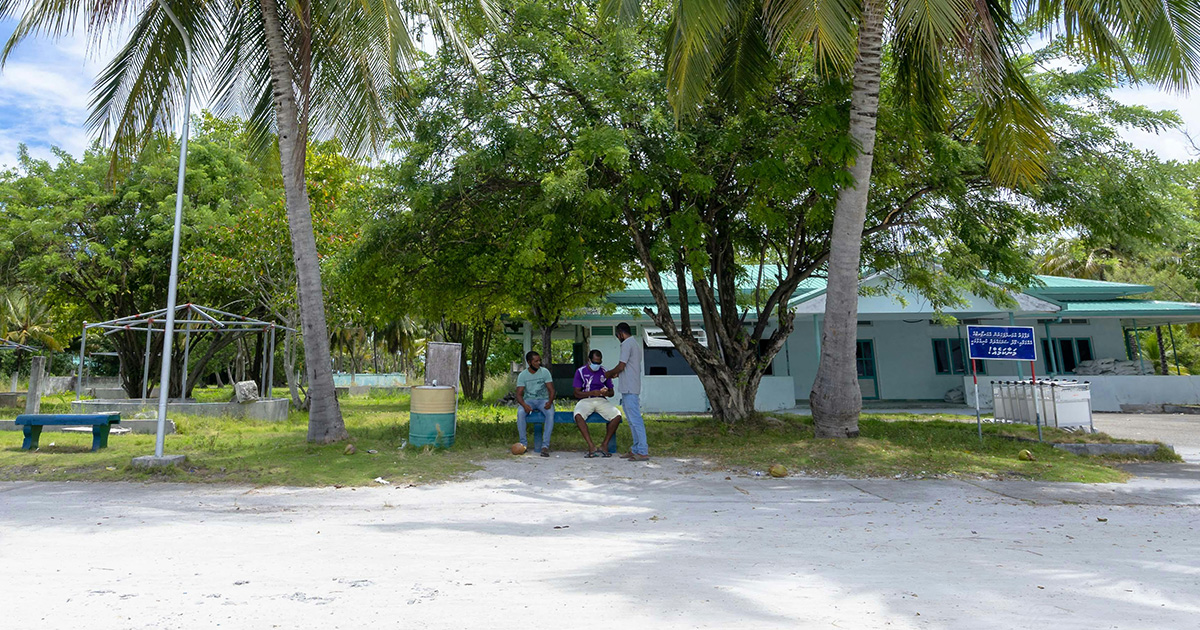Search
Research
Preventing heart failure: a position paper of the Heart Failure Association in collaboration with the European Association of Preventive CardiologyThe heart failure epidemic is growing and its prevention, in order to reduce associated hospital readmission rates and its clinical and economic burden, is a key issue in modern cardiovascular medicine. The present consensus document aims to provide practical evidence-based information to support the implementation of effective preventive measures.
Research
Penicillin Reactions in Patients With Severe Rheumatic Heart Disease: A Presidential Advisory From the American Heart AssociationJonathan Rosemary Carapetis AM Wyber AM MBBS FRACP FAFPHM PhD FAHMS MBChB MPH FRACGP PhD Executive Director; Co-Head, Strep A Translation; Co-Founder
Research
Secondary Antibiotic Prophylaxis for Latent Rheumatic Heart DiseaseRheumatic heart disease affects more than 40.5 million people worldwide and results in 306,000 deaths annually. Echocardiographic screening detects rheumatic heart disease at an early, latent stage. Whether secondary antibiotic prophylaxis is effective in preventing progression of latent rheumatic heart disease is unknown.
Latest news & events at the Wesfarmers Centre of Vaccines & Infectious Diseases.

News & Events
Warm Welcome for the Neonatal Infection and Immunity TeamClinical Professor Tobias Strunk, Dr Andrew Currie and their Neonatal Infection and Immunity Team have become the newest members of the Wesfarmers Centre of Vaccines and Infectious Diseases.

News & Events
The Kids researchers granted $5 million to prevent RHD across PacificA team led by Dr Joseph Kado from the Wesfarmers Centre of Vaccines and Infectious Diseases, based at The Kids Research Institute Australia, and The University of Western Australia (UWA) has been awarded $5 million by the Federal Government in a major push to prevent rheumatic heart disease across the Pacific.

News & Events
Expert researchers converge on Broome to tackle health challenges in Northern AustraliaOver 100 researchers and health professionals from around Australia have united in Broome this week to address the major health battles facing people living in the tropical north of the country.

News & Events
Call for Group A streptococcal infections to become notifiable diseasesResearchers at The Kids Research Institute Australia say Group A Streptococcus should become a nationally notifiable disease in Australia.

News & Events
Trans-Tasman partnership to tackle rheumatic heart diseaseResearchers at The Kids Research Institute Australia have begun a comprehensive research project into vaccines aimed at tackling rheumatic fever.

News & Events
Call for urgent funding boost for RHD in AustraliaThere are calls for a significant and urgent injection of $40 million in funding to tackle Rheumatic Heart Disease (RHD) following Monday night’s Four Corners episode.
